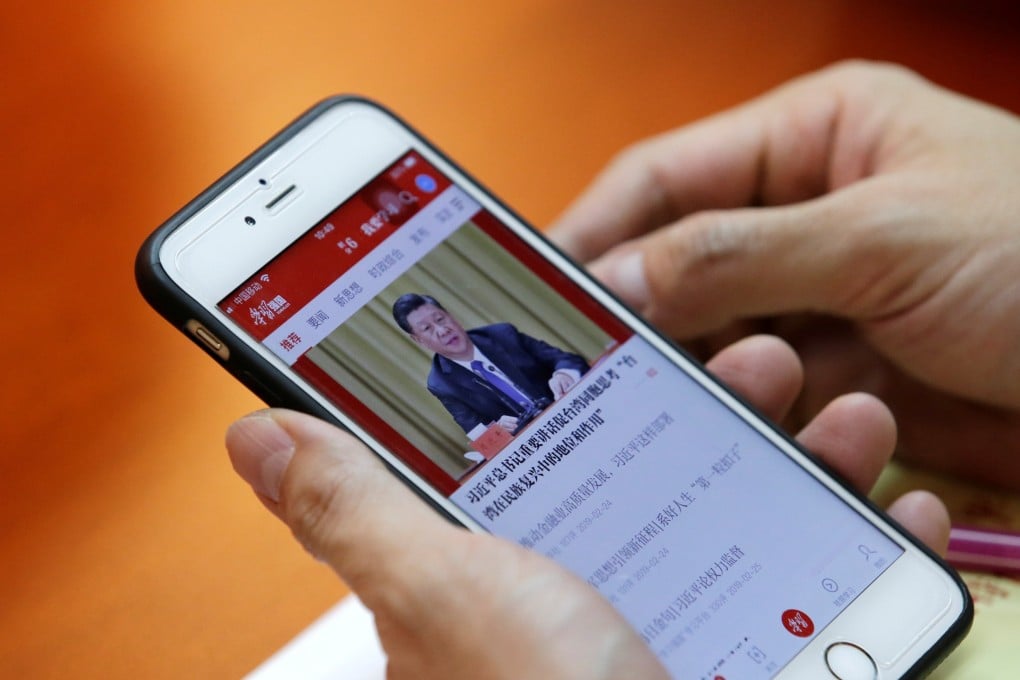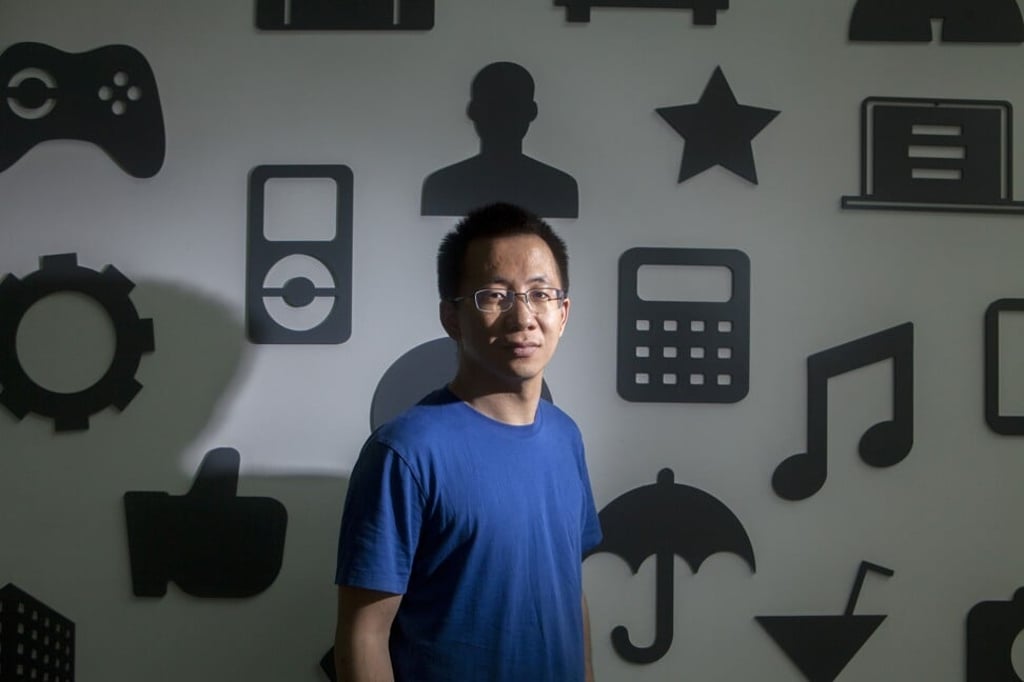Controlling hearts and minds: China cracks down on content algorithms to make sure the Communist Party is still boss
- Jinri Toutiao relied on computer algorithms to recommend interesting and important articles to readers, not reporters or editors
- Less than a decade on, Zhang’s news aggregator would grow into ByteDance, the world’s first hectocorn, a private company valued at US$100 billion

The third part of a series on China’s antitrust crackdowns in the technology industry looks at the regulatory scrutiny on the algorithms that power recommendations in such applications as news aggregators, video sharing platforms and live-streaming apps.
When Zhang Yiming first went about creating Jinri Toutiao in 2012, he had in mind a news service that relied on computer algorithms to recommend interesting and important articles to readers, not his own reporters or editors.
Jinri Toutiao, which translates to “Today’s Headlines” in Chinese, “can continuously learn your interests,” Zhang said in 2014. “No one sees the same page, and the longer you use it, the better it understands you, the better it recommends to you.”

Toutiao famously described the electronic front page of its algorithm-based news aggregator as having a thousand pages for a thousand faces. Many of China’s technology companies are now following ByteDance’s footsteps in applying increasingly sophisticated algorithms to make more tailored pitches to internet users, pushing content that is most likely to satisfy their consumption needs, along with links to advertisements they are most likely to click, providing them with the deals they are most likely to sign up for.